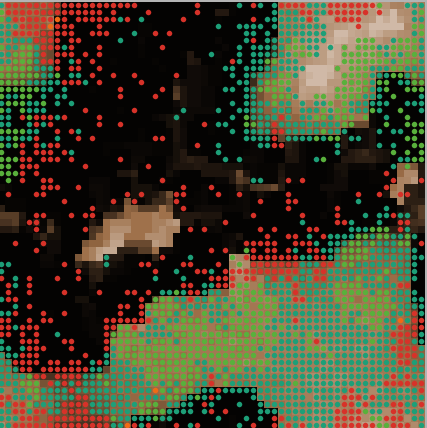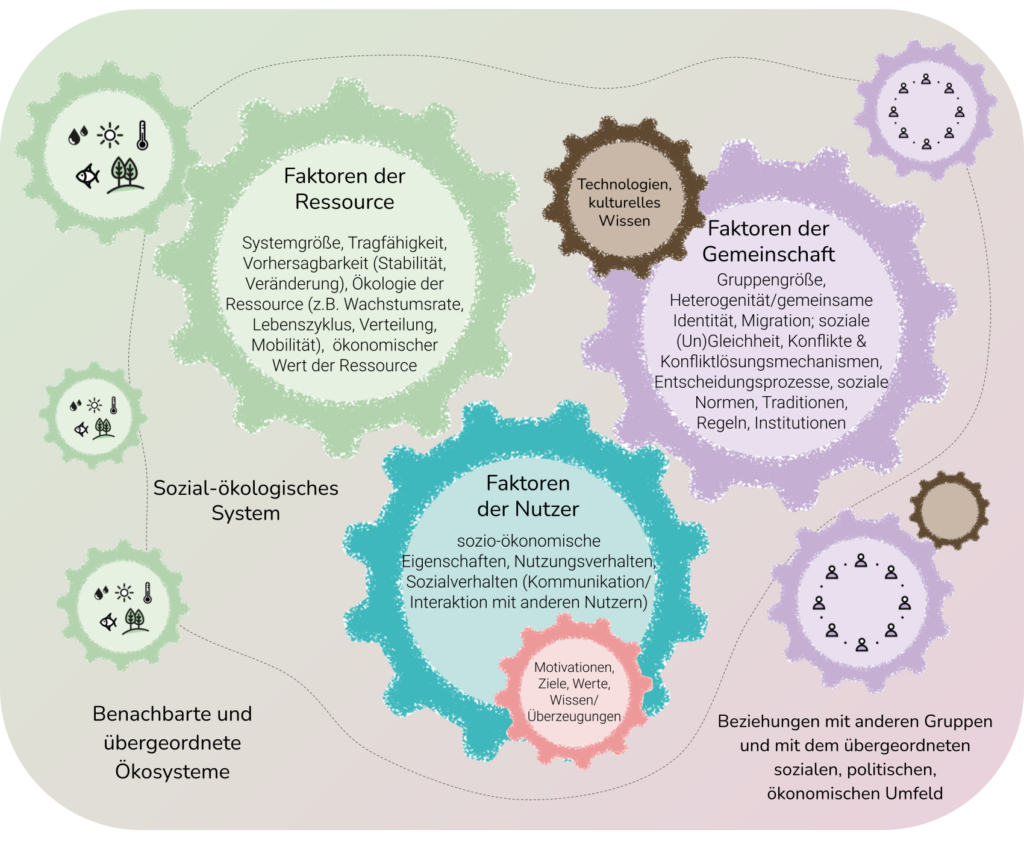Ostrom, E. (2009). A General Framework for Analyzing Sustainability of Social-Ecological Systems. Science, 325(5939), 419–422. http://doi.org/10.1126/science.1172133
A general framework is used to identify 10 subsystem variables that affect the likelihood of self-organization in efforts to achieve a sustainable social-ecological system.




